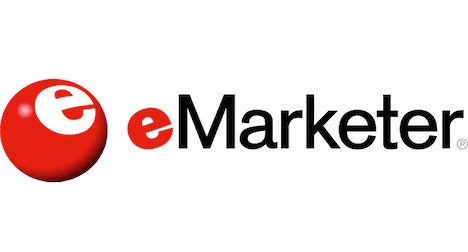

What if we’re all looking at the sales process upside down?
Most people think of it as a funnel. Start with a large group of potentially interested consumers at the top, build awareness, engage some of them enough to consider your brand, and then narrow down to a few sales. In this model, the vast majority of initially interested consumers fall off before conversion. But what if there’s a better way?
Using this as a model in its traditional state can make our marketing less effective than it could be for a few reasons.
First, by definition, a funnel is a bottleneck – just a tube with a big hole at the top and a smaller one at the bottom – designed to slow whatever passes through it. No one wants to slow down the sales cycle. And besides, the idea of a straight journey down a funneled conversion path isn’t realistic as a consumer journey is rarely linear.
[Download the full whitepaper] Flipping the Funnel
Second, when practicing conversion optimization, many marketers fall into a trap of simply focusing on optimizing the highest impact solution and seeking the best “bang for their buck.” But there’s an inherent limitation to this “highest common denominator" approach: What works best to optimize conversion for one customer is often different – and sometimes antithetical – to what motivates another.
Third, with digital maturity today, barriers to buy are nearly non-existent. Audiences are more than willing to move quickly through the purchase journey online — sometimes even in one user session.
So how do we modernize the sales funnel to truly leverage the opportunities we have as marketers? We flip it on its head.
By starting with the conversion instead of ending with it — “flipping the funnel,” if you will — we are presented with opportunities to grow our audiences and improve every step of the customer journey.
Armed with technology, we can customize the customer journey at scale. Working backwards from the point of conversion can help identify opportunities for personalization and allow us to craft marketing narratives that resonate with discrete audience segments.
Our ability to engage all consumers has become a reality – we no longer need to leave “non-core” audiences behind. We can efficiently build and manage as many marketing narratives as we have interested groups of buyers. By flipping the funnel, we can expand our audiences and messaging to connect with the entire universe of a brand’s potential consumers.
Putting the conversion at the front of a marketing strategy can provide the perspective and tools needed to scale your brand quickly and sustainably. If properly leveraged, this translates directly into ongoing marketing success.
Ultimately, flipping how you approach the funnel allows you to convert the largest number of people in the smallest amount of time and sets yourself up for continued success down the road.
Ready to dig deeper but don’t know where to start? I recently put together a whitepaper that explores the methodology of flipping the funnel along with key case studies that illustrate how companies across industries have flipped their funnels to scale quickly and sustainably.